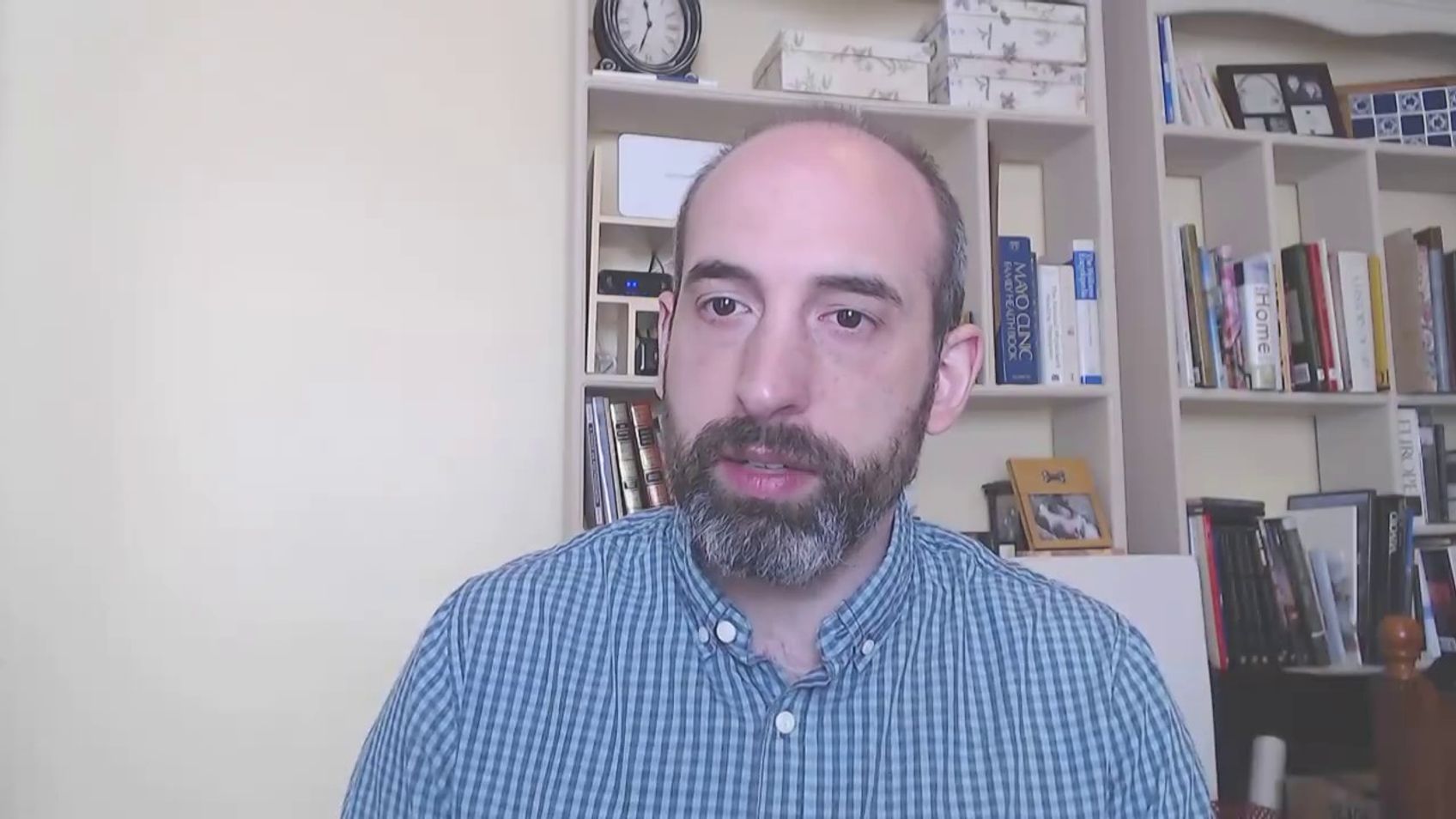Q&A#152 The Trials of Paul

Today's question: "I am wondering what you think about Luke's purpose in dedicating so much of his writings at the back end of the book of Acts to the legal proceedings involving Paul. What is he wanting to highlight by giving essentially a quarter of the book (chapters 21-28) to the details around these matters, including a very detailed account of the shipwreck (cf. Acts 27). One thought could be that Luke wants us to see Paul in the strain of the OT prophets. Similar to Isaiah, Jeremiah, etc. Luke shows Paul speaking truth to power, and repeats his calling moment (Damascus Rd experience) twice more in these final chapters. Is that it or is there more to it."
My blog for my podcasts and videos is found here: https://adversariapodcast.com/. You can see transcripts of my videos here: https://adversariapodcast.com/list-of-videos-and-podcasts/.
If you have any questions, you can leave them on my Curious Cat account: https://curiouscat.me/zugzwanged.
If you have enjoyed these talks, please tell your friends and consider supporting me on Patreon: https://www.patreon.com/zugzwanged. You can also support me using my PayPal account: https://bit.ly/2RLaUcB.
The audio of all of my videos is available on my Soundcloud account: https://soundcloud.com/alastairadversaria. You can also listen to the audio of these episodes on iTunes: https://itunes.apple.com/gb/podcast/alastairs-adversaria/id1416351035?mt=2.
More From Alastair Roberts






More on OpenTheo















